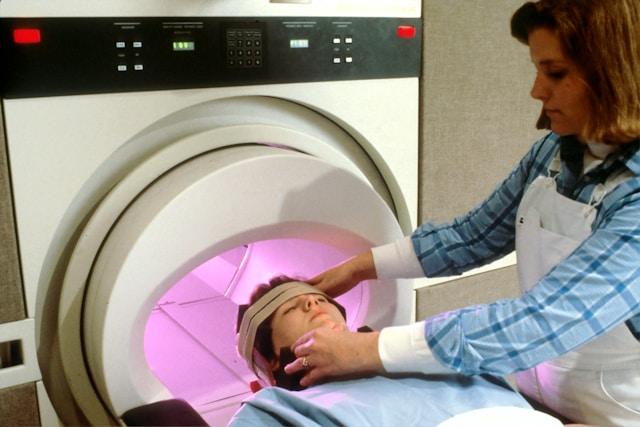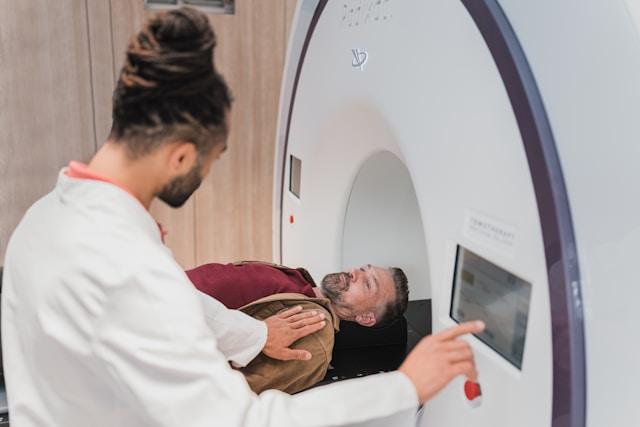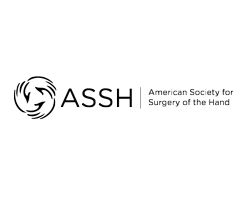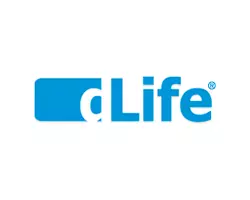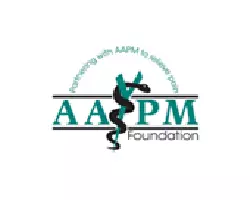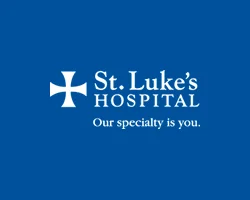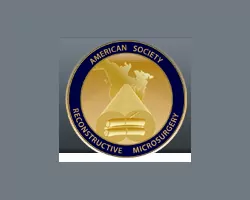Compression Neuropathies are a condition wherein the peripheral nerves of the body become compressed as they pass the various bones, muscle tissue, or fibrous structures of the body. Compression of these nerves may result from extrinsic compression of the body such as from wearing tight-fitting clothes, inadequate sleeping positions, the application of tourniquets, and exercise muscle hypertrophy.
Peripheral Nerve Compression can also be caused by contiguous structures as a direct consequence of congenital or acquired conditions such as trauma, granulomatous inflammation, fibrosis, edema, etc.
It is important to note that it is far more common to find this type of injury in the presence of preexisting disorders such as diabetic or alcoholic polyneuropathies, kidney failure, or acromegaly.
A minor case of nerve compression leads to functional disturbances; however, a more severe case will progressively lead to permanent nerve injury. And given that the incidence of this condition counts for anywhere between 10 to 25 percent of contemporary neurosurgical practice it is important to learn about it, and about any potential treatments.
How to Know If I Am Suffering From Nerve Compression
Nerve compression neuropathies, of which there are several types, are characterized by the presence of the following symptoms:
Varying degrees of paralysis of the involved limb may present soon after nerve conduction has been obstructed.
The patient may experience any number of sensory disturbances, such as tingling, prickling, numbness, and very often sharp pain.
Most patients also experience a substantial loss of muscle strength in the affected area, such as is the case in patients who suffer from carpal tunnel syndrome. Additionally, these patients often experience a diminished reflex response.
Another common symptom of peripheral nerve compression is motor unit hyperexcitability. In other words, patients with this type of condition will often report having to deal with excessive cramps and muscle twitching.
As mentioned above, there are several types of nerve compression. These are categorized by the location of the nerve affected, and one of the most common types of nerve compression occurs along the lumbar spine.
Let’s take a quick look at the most effective treatment option available.
Lumbar Nerve Decompression Surgery
Lumbar decompression surgery is a type of surgery that is used to treat compressed nerves in the lumbar (lower) spine.
Because of the risks typically associated with surgical procedures, lumbar decompression surgery is only recommended when all non-surgical treatment options have been exhausted.
The aim of the surgery is to improve the patient’s quality of life by eliminating or reducing the most debilitating symptoms.
Lumbar decompression surgery is often used to treat:
Spinal Stenosis: A narrowing of a section of the spine, which puts pressure on the inner nerves.
Slipped Disc: Where a damaged spinal disc presses on an underlying nerve.
Spinal Trauma: Such as fissure or fracture
Metastatic Spinal Cord Compression: Cancer from another part of the body, such as the lung or breast cancer, can spread to the spine and generate tumors that press on the spinal cord and compress the lumbar nerves.
What Happens During Lumbar Decompression Surgery
If lumbar decompression surgery is recommended, you will generally have to undergo at least one of the following procedures:
Laminectomy.
Discectomy.
Spinal Fusion.
In many cases, a combination of these techniques can be used.
Even though the surgery is highly complex, the procedure can be typically performed in an hour. Patients are placed under general anesthesia, which means they are unconscious during the duration of the procedure.
In most cases, the expected recovery period is around 4 to 6 weeks.
If you or someone you know are suffering from any of the symptoms of peripheral nerve compression, give the folks at Neuropax Clinic in St. Louis a call. Neuropax Clinic is one of the leading institutions in the United States when it comes to Nerve Compression disorders.



